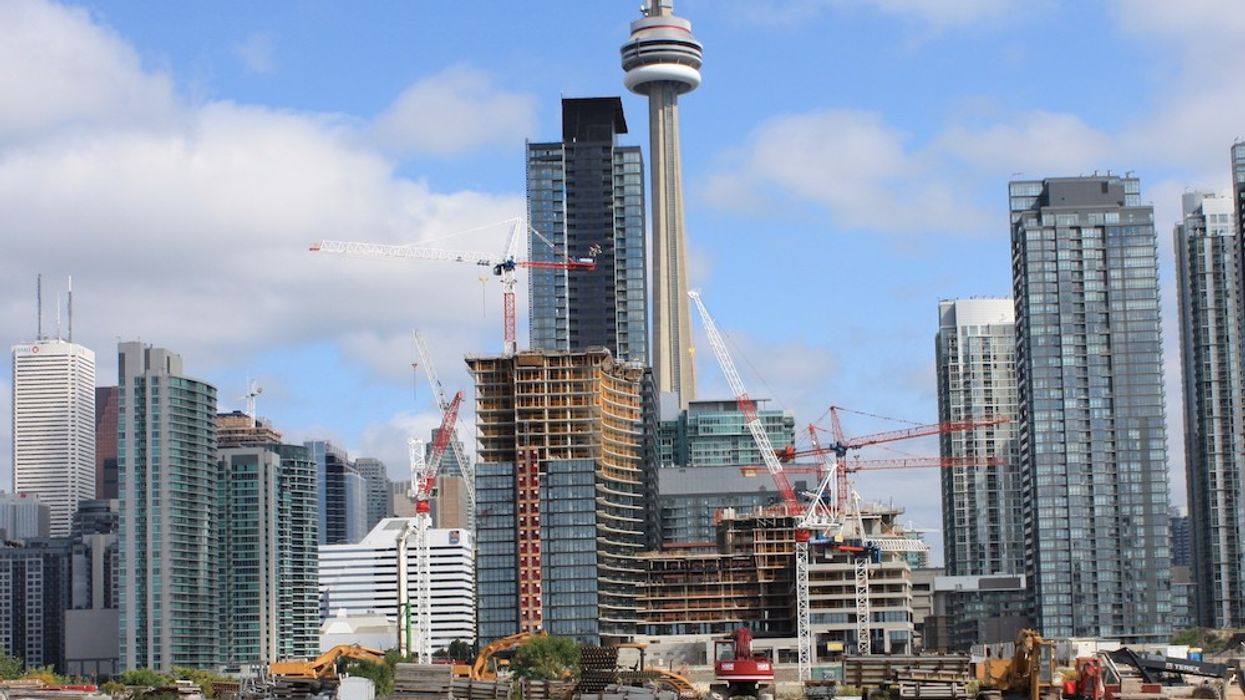By now it should be clear, the development industry is not going to solve the country’s housing crisis. It has no interest in building anything that doesn’t make a profit. Only government can deliver the social and affordable housing so desperately needed across Canada, let alone Toronto and the GTA.
That entails more than coming up with the billions of dollars necessary to build the millions of homes needed to meet demand. It also means reframing housing rules and regulations to make them more effective and efficient. That encompasses everything from targeted tax regimes and timely approval processes to legal recognition of ownership protocols, up-to-date environmental codes and the like.
Toronto’s newly elected mayor, Olivia Chow, has pledged to build 25,000 rent-controlled homes by 2031. She has also insisted that these units will be built by the City on City-owned land. In a time of widespread cynicism about the public sector in all its forms, the idea of the City-as-developer is unlikely to resonate with many Canadians. But as economist Mike Moffat, Founding Director of the PLACE Center at the Smart Prosperity Institute, has argued, “A war-time-like effort is needed for Canada to build the 5.8 million homes… [that] need to be built by the end of 2030 to restore affordability.”
Coordinating three levels of government is easier said than done. More often than not, they are at each other’s throats, especially in Ontario where Premier Doug Ford has courted scandal through his willingness to accommodate his deep-pocketed developer pals. Most controversially, Ford’s decision to give 7,400 acres of the Greenbelt to a handful of friendly builders came as a slap in the face of the towns and cities affected, as well as a huge blow to the environment and public expectations of government transparency and financial probity.
But even before that, Ford’s 2022 More Housing Built Faster Act (Bill 23) quietly rubbished Toronto’s plan to require at least 22% affordable units in new residential projects by reducing that to 5%. No surprise, developers were thrilled. Under Ford, they have made out like bandits.
But as other cities have demonstrated, successful housing policies don’t necessarily depend on the private sector. In this regard the international poster city is Helsinki. For decades, the Finnish capital has had an aggressive policy of buying land within its boundaries at every opportunity. Though it will shock most Canadians, the City of Helsinki owns fully 70% of its land area and operates its own construction company. This gives it control over how that land is used and developed. Little wonder, then, that the city manages to build more than 7,000 living units annually, 25% of them social housing. This and an internationally lauded program called Housing First have enabled Helsinki to all but eliminate homelessness completely, the only European Union city to do so.
Incidentally, Finnish municipalities, which are largely self-governing, collect taxes on income, sales, as well as property. They also administer health care, education and social services.
In Canada, on the other hand, cities are “creatures of the provinces.” That leaves them at the mercy of politicians like Ford, who dismisses Toronto as a “lefty” haven and has put developers in control, which typically means high-rise condos or suburban sprawl and leaving municipalities to bear the costs.
And let’s be frank, Ford’s recent announcement of a three-year $1.2B housing incentive fund was not just woefully inadequate, it has so many strings it amounts to little more than the fiscal equivalent of a photo op.
By contrast, housing has been a civic priority in Vienna since the 1920s. In the aftermath of World War I, the collapse of the Habsburg dynasty and the advent of universal suffrage, the city launched a remarkably successful program to provide high-quality housing affordable for low-income inhabitants. A century later, a third of all rental units in Vienna are owned by the city. Even more remarkable, 60% of Viennese residents live in housing that is built, sponsored or managed by the city.
None of this is cheap. Vienna spends roughly $800M annually on housing. Where does the money come from? There are various sources, but the biggest is a 1% income tax on residents.
Coincidentally, Chow recently suggested a similar 1% municipal sales tax to help lift Toronto out of its $1.5B deficit. Needless to say, it was just a suggestion, nothing more. In Canada, where cities are “creatures of the provinces,” the decision isn’t the city's to make. Cities propose, provinces dispose. While Toronto waits for permission from Big Brother at Queen’s Park – or is it Boss Hogg? -- we are reminded yet again why Canadian cities will never manage to fulfill their potential.
And by the way, for the sixth time, Helsinki was named the happiest city in the world. For its part, Vienna has been ranked the planet’s most liveable city for ten years running. Toronto came in ninth — respectable but not outstanding.
Seems you get what you pay for after all.





















